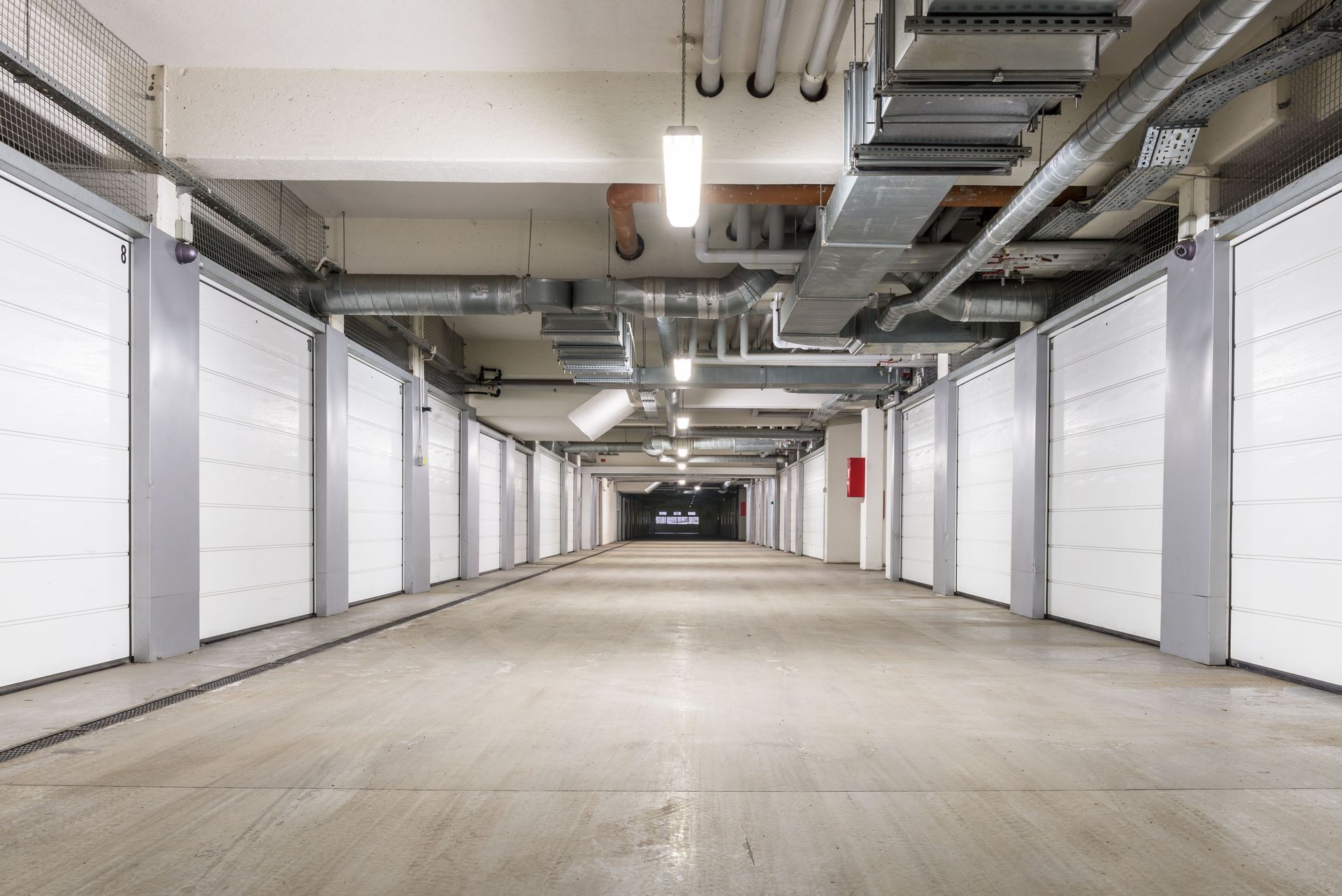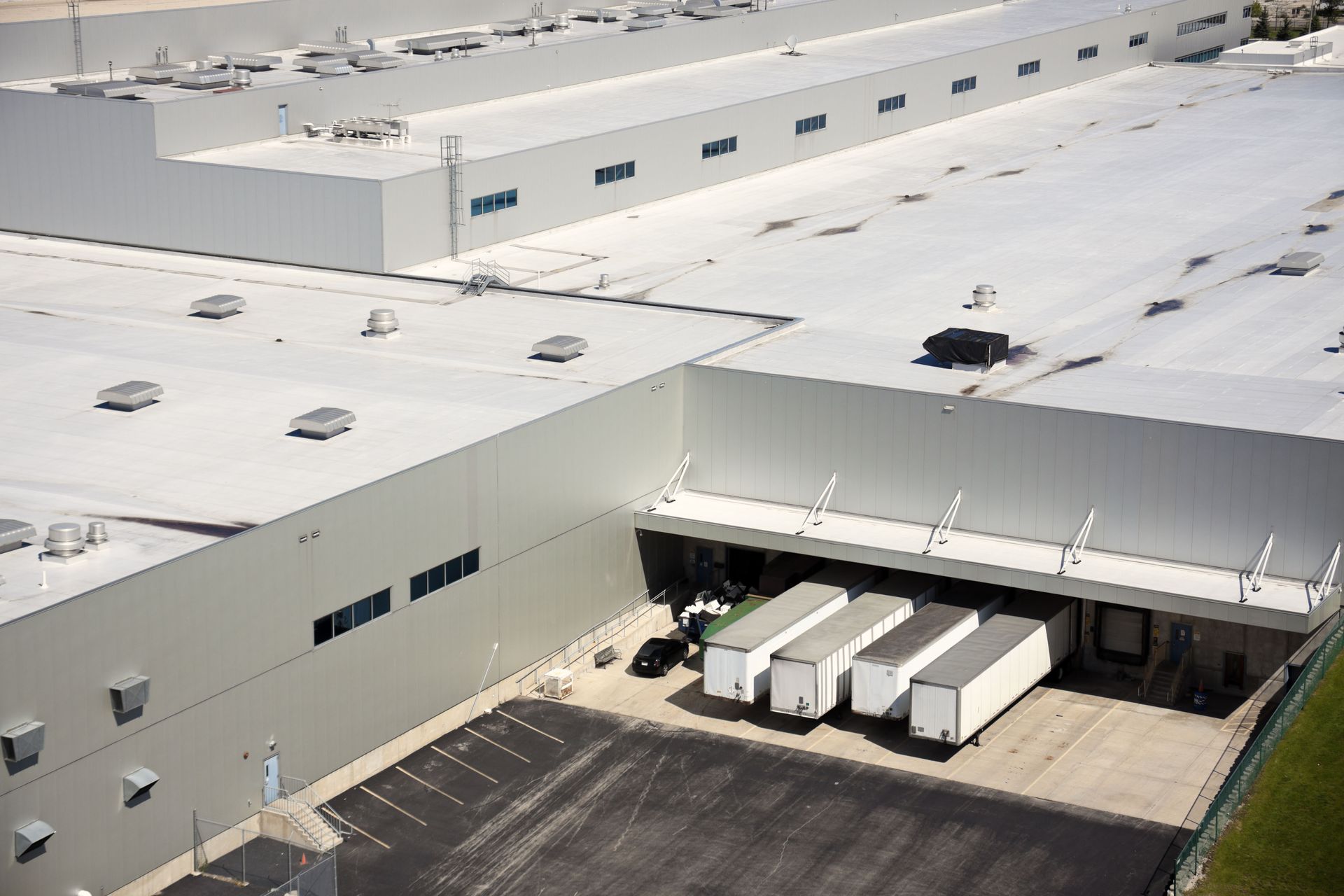Located in Miami, FL and Shipping Nationwide
Se Habla Español
3 Effects of Climate Change on a Storage Unit
In recent years, the impact of climate change has extended beyond just the natural environment and into the realms of commerce and infrastructure. One such area feeling the strain is storage units, particularly those that are temperature-sensitive. As global temperatures continue to rise and weather patterns become increasingly unpredictable, storage units, especially climate controlled storage, face unique challenges in maintaining optimal conditions for the goods they house. This blog post explores some of the significant effects of climate change on storage units and the ramifications for businesses relying on them.
1. Strain on Temperature Control Systems Due to Rising Global Temperatures
One of the most immediate impacts of climate change on storage units is the increased strain on temperature control systems. As external temperatures climb, these systems must work harder to maintain a stable internal environment, which can lead to higher energy consumption and operating costs. This is particularly critical for units storing temperature-sensitive items such as pharmaceuticals or perishable goods. The heat not only affects the efficiency of cooling systems but also increases the likelihood of breakdowns, leading to potential spoilage or damage of stored items, especially in climate controlled storage units.
2. Increased Risk of Damage From Extreme Weather Events
The frequency and intensity of extreme weather events, such as hurricanes and floods, are also on the rise due to climate change, posing significant risks to storage units. Not only can these events physically damage facilities and compromise their structural integrity, but they also can disrupt supply chains and access to warehouses. Companies with large refrigerated storage capacities face challenges in safeguarding their inventory. In fact, according to CBRE, in the US 72% of the refrigerated storage capacity is being outsourced to public refrigerated warehouse (PRW) companies, underscoring the growing importance of specialized storage solutions capable of withstanding these climate-related challenges.
3. Financial and Regulatory Implications for Storage Units in a Changing Climate
Climate change can indirectly affect storage units through regulatory changes and insurance considerations. As governments implement stricter regulations to combat climate change, businesses may incur additional compliance costs associated with energy efficiency upgrades and emissions reductions. Furthermore, unpredictable weather patterns and increased risks may lead to higher insurance premiums for storage facilities, impacting overall operational costs. These financial implications necessitate proactive planning and investment in resilient infrastructure to mitigate the long-term effects of climate change.
Climate change poses multifaceted challenges for storage units, from temperature regulation to increased risks from severe weather events and financial implications tied to regulatory and insurance factors. As the effects of climate change become more pronounced, businesses must adapt by investing in robust, climate-resilient storage solutions, such as climate controlled storage. By doing so, they can mitigate risks, protect their inventory, and ensure reliable operations in an increasingly unpredictable world. Contact Neptune Cold Storage LLC today to learn more about our cold storage solutions.
Learn More About
Neptune Cold Storage LLC
Located in Miami, FL, Neptune Cold Storage LLC, a bonded warehouse, specializes in frozen and refrigerated storage and cargo handling. Fast, flexible services. Emergency service and rush orders. Extended service hours available. Request service today.
service Area
Nationwide Shipping
Se Habla Español
Business Hours
- Mon - Fri
- -
- Sat - Sun
- Closed
Extended Service Hours Are Available Upon Request




Share On: